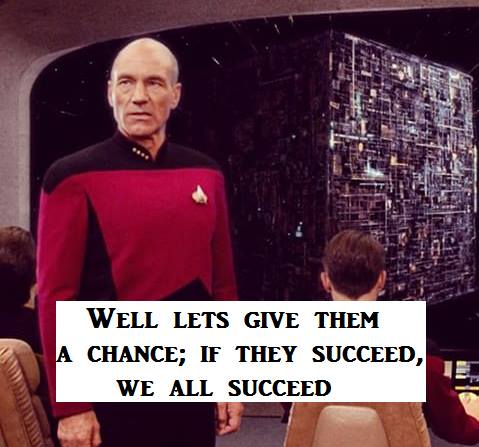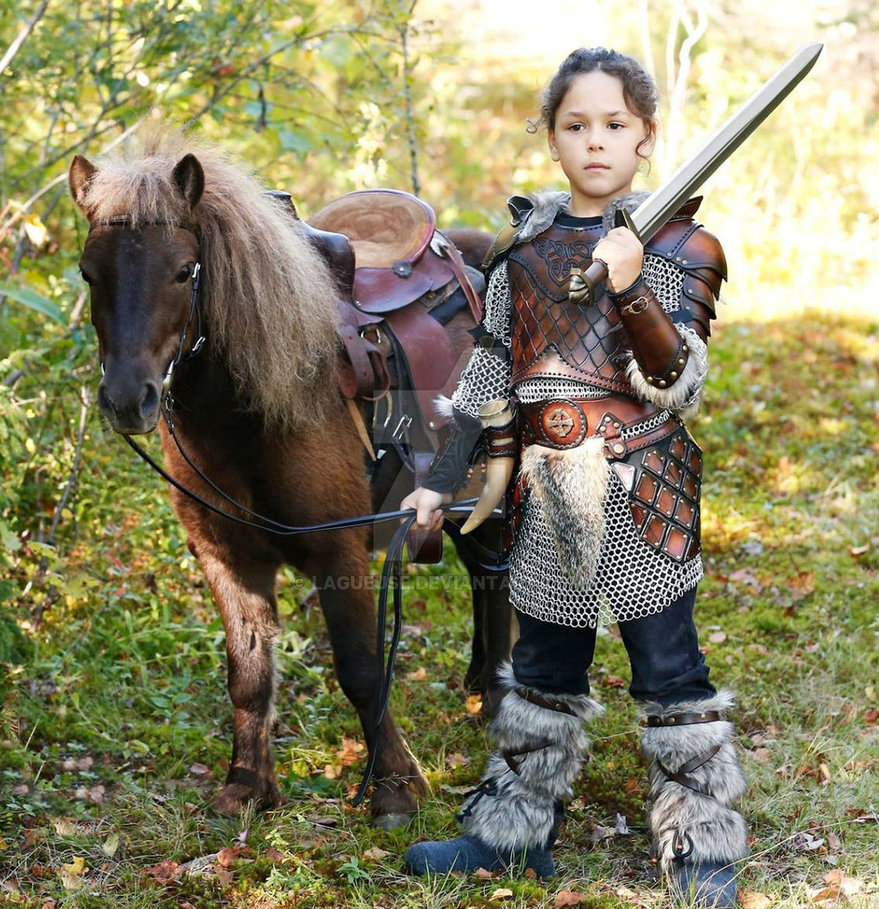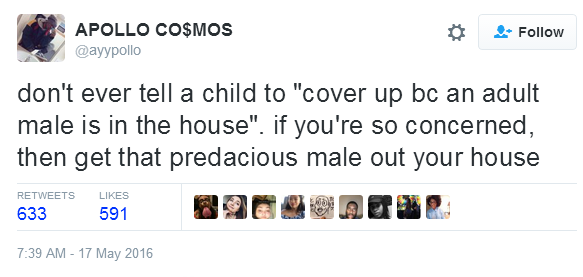How media clearly reflects the sexism and the racism we cannot see in ourselves.
I wanted my first-year film students to understand what happens to a story when actual human beings inhabit your characters, and the way they can inspire storytelling. And I wanted to teach them how to look at headshots and what you might be able to tell from a headshot. So for the past few years I’ve done a small experiment with them.
Some troubling shit always occurs.It works like this: I bring in my giant file of head shots, which include actors of all races, sizes, shapes, ages, and experience levels. Each student picks a head shot from the stack and gets a few minutes to sit with the person’s face and then make up a little story about them.
Namely, for white men, they have no trouble coming up with an entire history, job, role, genre, time, place, and costume. They will often identify him without prompting as “the main character.” The only exception? “He would play the gay guy.” For white women, they mostly do not come up with a job (even though it was specifically asked for), and they will identify her by her relationships. “She would play the mom/wife/love interest/best friend.” I’ve heard “She would play the slut” or “She would play the hot girl.” A lot more than once.
For nonwhite men, it can be equally depressing. “He’s in a buddy cop movie, but he’s not the main guy, he’s the partner.” “He’d play a terrorist.” “He’d play a drug dealer.” “A thug.” “A hustler.” “Homeless guy.” One Asian actor was promoted to “villain.”
For nonwhite women (grab onto something sturdy, like a big glass of strong liquor), sometimes they are “lucky” enough to be classified as the girlfriend/love interest/mom, but I have also heard things like “Well, she’d be in a romantic comedy, but as the friend, you know?” “Maid.” “Prostitute.” “Drug addict.”
I should point out that the responses are similar whether the group is all or mostly-white or extremely racially mixed, and all the groups I’ve tried this with have been about equally balanced between men and women, though individual responses vary. Women do a little better with women, and people of color do a little better with people of color, but female students sometimes forget to come up with a job for female actors and black male students sometimes tell the class that their black male actor wouldn’t be the main guy.
Once the students have made their pitches, we interrogate their opinions. “You seem really sure that he’s not the main character – why? What made you automatically say that?” “You said she was a mom. Was she born a mom, or did she maybe do something else with her life before her magic womb opened up and gave her an identity? Who is she as a person?” In the case of the “thug“, it turns out that the student was just reading off his film resume. This brilliant African American actor who regularly brings houses down doing Shakespeare on the stage and more than once made me weep at the beauty and subtlety of his performances, had a list of film credits that just said “Thug #4.” “Gang member.” “Muscle.” Because that’s the film work he can get. Because it puts food on his table.
So, the first time I did this exercise, I didn’t know that it would turn into a lesson on racism, sexism, and every other kind of -ism. I thought it was just about casting. But now I know that casting is never just about casting, and this day is a real teachable opportunity. Because if we do this right, we get to the really awkward silence, where the (now mortified) students try to sink into their chairs. Because, hey, most of them are proud Obama voters! They have been raised by feminist moms! They don’t want to be or see themselves as being racist or sexist. But their own racism and sexism is running amok in the room, and it’s awkward.
This for every time someone criticizes how characters of color and female characters of color especially are treated in text and by subsequent fandoms. It’s never “just a television/movie/book”. It’s never been ”just”.
“…and by subsequent fandoms.“ <— bless this addition.
This one is always worth reblogging.
When I say, “Representation matters,” it’s not just the presence of PoC, women, PwD, LGBTQIA, in narrative, it’s the roles are those characters are occupying.The hall of mirrors that is the interplay between fiction and real life becomes a negative feedback loop with real consequences, because we internalize things and then we act them out.
Storytelling is a powerful thing. What stories are we telling, and why?


